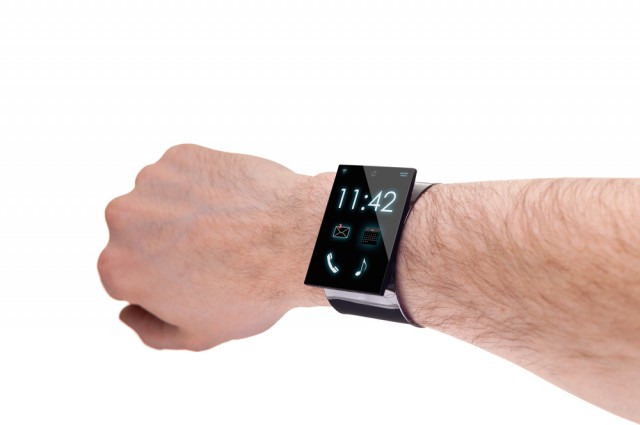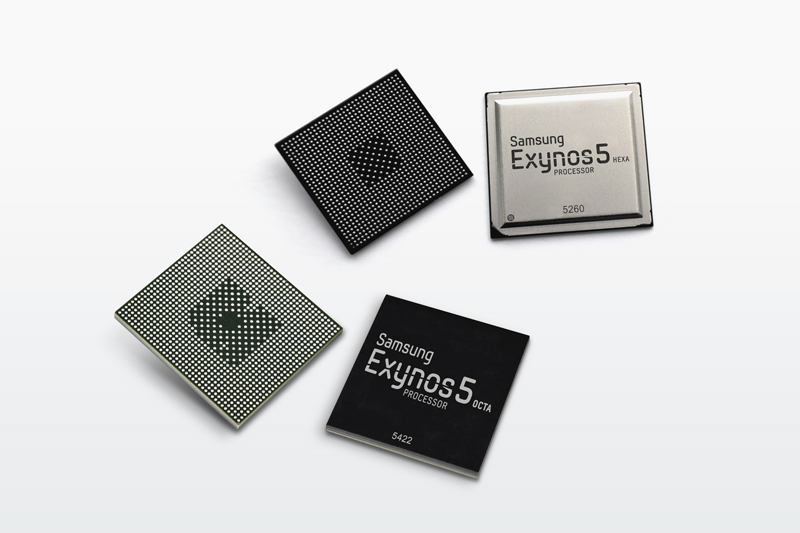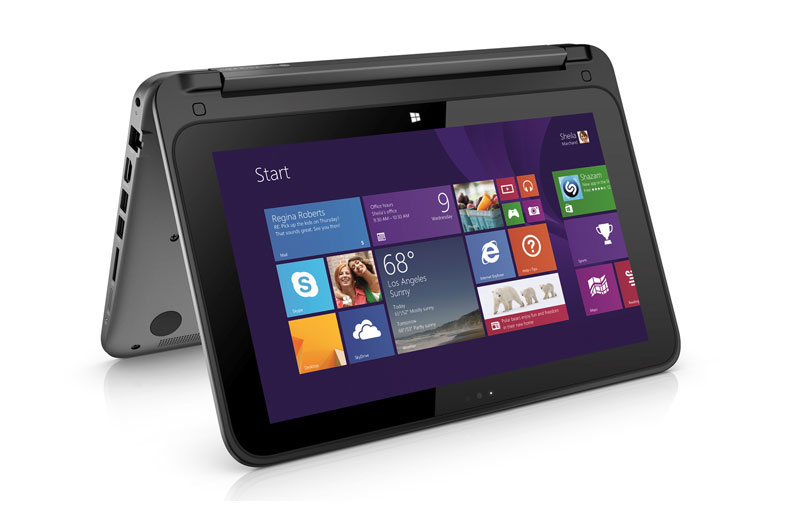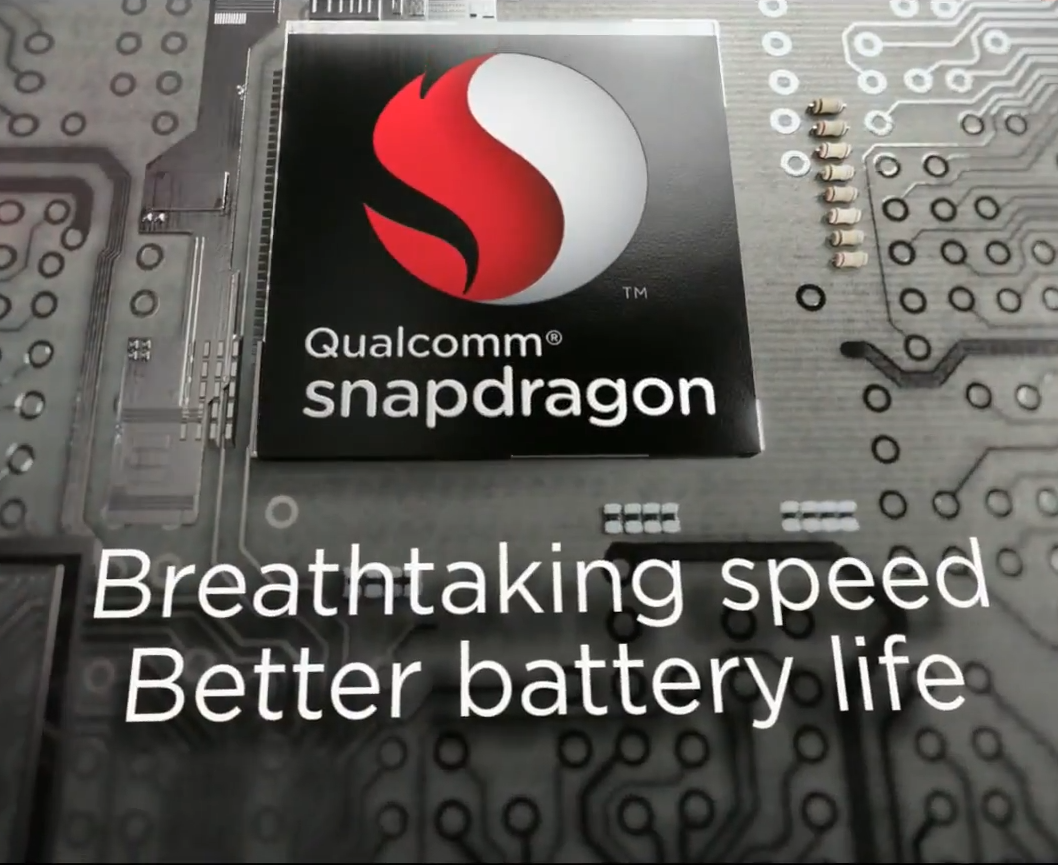
Smartwatches -- the harsh truth is that no one cares
OK, maybe that's a slight exaggeration. But wearable devices are really struggling to get off the ground, at least in the UK. All of the excitement that surrounds smartwatches that can be used to read email, VPN into a home computer, check vital stats, set off The Bomb, or tell the time (imagine!) -- maybe a couple of these are a little far-fetched -- seems to be little more than manufacturers' fluff and guff. The wheels of the marketing machine have been whirring away furiously, but it has had very little effect. With a population of approaching 65 million people, only a very tiny proportion of the nation has seen the need to invest in a smartwatch -- below 1 percent in fact.
Figures from Kantar World Panel show that a lowly 0.9 percent of UK consumers have put their hard-earned money towards a smartwatch. Other statistics to come from the research are of little surprise. Almost three quarters (72 percent) of smartwatch owners are male, and 56 percent are aged under 35. There are a small number of names associated with smartwatches, and the spread is fairly evenly distributed. At the top of the heap is Samsung with a 32 percent share, followed by Sony with 21 percent and Pebble with 18 percent. There is obviously a leader, but with the numbers being so low, percentages are very easily swayed.

HP launches NFC authentication for enterprise printing
The increased use of mobile devices in the workplace leads to a number of issues. Not least of which is establishing control over shared resources like printers.
To address this HP has launched its first touch-to-authenticate solution for enterprise customers using NFC enabled smartphones or tablets.

Hey, Google! Please be open and honest with your search ads
It may not be a new season, but it's time for a Google makeover nevertheless. This time around it is the search results page that has been given a lick of paint, although you might be forgiven for not quite being able to put your finger on what's changed. You'll almost certainly notice that things look a bit different, but the details may escape you. The changes were put in place yesterday, having been heralded on Google+ by Google search designer Jon Wiley who explains that the subtle changes are to bring the desktop look more in line with that used on mobile devices.
The size of search result titles has been boosted, and the underline that was present has now been removed. Wiley says that "we've […] evened out all the line heights [which] improves readability and creates an overall cleaner look". This all sounds great in principle. After all, as Wiley points out, it helps to make "the multi-device experience more consistent". But it also ushers in a few concerns.

Point.io takes enterprise applications mobile
We looked a few weeks ago at how Point.io is simplifying accessing corporate data from cloud platforms.
Now the company has launched APIflow, a product that allows businesses to externalize core processes and make them available remotely from anywhere and on any device. APIflow means that cloud providers, application developers and IT departments can easily integrate with existing applications, simplify software design and significantly reduce their development and maintenance costs.
Chromebook belongs to computing's past, not its future
Early this evening, I exchanged emails with someone writing a blog post about Chromebook. He seeks sales numbers that I doubt are available. Success is a difficult measure despite the hype. In January post "The trouble with new Chromebooks" here and "Twenty-Fourteen isn't Year of the Chromebook" on my personal site, I raise questions about the computer's future.
I extend reservations in the text of my email reply, which follows.

Europol warns users of WiFi hotspot security risks
Europol, the law enforcement agency for the European Union, is warning that people should exercise extreme caution when using WiFi hotspots when out and about. Citing an increase in the number of "man-in-the-middle" attacks on such connections, the head of Europol's cybercrime division, Troels Oerting, said that public WiFi connections are being used to "steal information, identity or passwords and money from the users who use [them]". The advice is to not necessarily stop using public networks, but to avoid using them for anything that involves transmitting personal data.
Singled out for particular attention is online banking, which Oerting suggests people should do "from home where they know actually the wi-fi and its security" rather than in a coffee shop. Europol is currently working with several member states of the European Union following an increase in the number of WiFi network attacks.

pCell is only as good as the Linux it runs on
I’m still working-away on my IBM book and it is still a week from being finished (the well-known second 90 percent syndrome). The book, if I am allowed to sell it on Amazon, will cost a whopping $3.99 and will be worth the money. But I’m still a columnist of sorts so here are my thoughts on pCell, an impressive new technology for increasing performance of LTE mobile data networks. It was invented by WebTV founder Steve Perlman, introduced two weeks ago in New York (very impressive video here, but fast-forward to 5:30) and was the talk of the Mobile World Congress in Barcelona the following week. pCell is amazing. It is also probably a security nightmare waiting to happen.
This is not me being a bad-ass or somehow wanting pCell to fail. I think it is great and I want it to wildly succeed, but there are a couple things about pCell that have been going over the heads of most reporters, security being one of them. I’ve read all the stories about pCell and the word security doesn’t appear in any of them, none.

Enterprise mobile security? Not my problem
The increasing trend towards BYOD and mobile devices in the workplace leads to added risks, but employees are often unaware or feel it isn't their problem.
These are among the findings of a survey by security specialist Absolute Software which polled workers in companies with a 1,000 or more employees who use mobiles for work.

Time for honesty -- Samsung seems to have stopped fiddling with benchmark figures
Benchmarks are important. With so much choice in the world of computers, smartphones and tablets, a key factor for potential buyers to bear in mind is raw performance. A few months back benchmarking stalwarts Futuremark took the unusual step of delisting a number of handsets produced by HTC and Samsung after tests appeared to show that the phone artificially boosted performance when they detected benchmarking software was running. Now it looks as though this apparent cheating has come to an end.
Back in October, results published on Anantech showed how a number of popular phones seemed to be cheating the system, giving consumers a false representation of real-world handset performance. Now, according to new tests carried out by Ars Technica it would appear that handsets are behaving in a far more reasonable fashion after being updated to KitKat.

Yahoo and BlackBerry worm further into your life with mobile ads
There are few people who like ads. Sure, they can be works of art -- certainly there are some advertisements that are infinitely better than a lot of the dirge pumped out by television networks -- but while advertisements on television can be fairly easily avoided (thank you TiVo -- other PVRs are available!) it is a different matter on a computer or mobile device. "Opting" to watch a mindblowing ad for Apple, Guinness or Honda is one thing, but to have unavoidable -- and usually crappy -- advertisements forced upon you whilst browsing the web or using an application is an entirely different matter.
There are groups of people who are happy to endure these adverts because they fund apps, and make it possible for developers to provide their hard work free of charge -- you may fall into this group and have perhaps been able to configure an automatic ad filter for your eyes. But there are larger legions for whom ads are just plain, damned irritating. In some instances it is possible to pay to avoid them, but this is not always the case. If BlackBerry and Yahoo get their way, advertisements are going to become rather more noticeable.

Chameleon virus spreads between wireless access points like the common cold
The latest breed of virus is airborne. We're not talking about a 24 hour bug that does the rounds at the office, but a computer virus. A team of researchers at the University of Liverpool, UK, demonstrated how a virus known as Chameleon was able to spread undetected over Wi-Fi by exploiting vulnerabilities in access points.
For town and cities where there are large numbers of routers and access points in close proximity, this represents a serious security risk as there is potential for a terrifying number of infections to be made in very little time.

Samsung details Galaxy S5's new octa-core processor (Yes, there is one)
In keeping up with tradition, there will be two processors available in the Samsung Galaxy S5. The international version gets Qualcomm's quad-core Snapdragon 801, while another model -- that will most likely be available in non-LTE markets -- ships with the company's own octa-core Exynos chip, that Samsung just unveiled at MWC 2014.
Samsung is increasingly reliant on Qualcomm processors for its flagship Android devices, like the Galaxy S4, Galaxy Note 3 and, most recently, Galaxy S5, as the Exynos chips that arrived in 2013 have failed to live up to expectations. Even though those were octa-core designs, the Qualcomm-made, quad-core, solutions performed similarly and came with a very competent LTE modem as well. Samsung is not giving up (yet), as the new Exynos 5422 still aims to turn the tables in the company's favor.

Is it a notebook? Is it a tablet? HP announces its new convertible PC
If you can never decide whether to take the notebook or the tablet with you when you go out, HP may have the machine for you.
Its new Pavilion x360 is a convertible PC with a 360-degree hinge so you can use it as a conventional notebook, a tablet, or in what the company calls "tent mode". Sadly this means only that you can stand it up on a table not actually go camping under it.

Intel unveils the Z3480 mobile processor, its 64-bit Qualcomm Snapdragon rival
If it is not obvious enough by now, 64-bit is the new black in mobile processors. Apple has the A7 that powers the iPhone 5s and latest iPads, and Qualcomm has the Snapdragon 410 and, as of today, the Snapdragon 610 and Snapdragon 615. Intel now also joins the party with its own 64-bit offering and contender, the Z3480, codenamed "Merrifield".
The Z3480 was unveiled today at the MWC conference, in Barcelona, as a 2.3 GHz quad-core solution aimed at Android smartphones and tablets. Intel says its new processor delivers "the ideal combination of fast, smart performance and long battery life", for the devices that it will power. The Z3480 competes with Qualcomm's similar Snapdragons which also target the open-source mobile OS.

Qualcomm: There you go, more 64-bit Snapdragons
The mobile processor market is slowly moving away from 32-bit architectures, as more 64-bit solutions are set to hit the shelves. At MWC 2014, Qualcomm leads the pack with two new 64-bit offerings, the Snapdragon 610 and Snapdragon 615, that combine quad-core and octa-core power, respectively, with ARM's latest ARMv8 instruction set.
The ARMv8 instruction set, that is also at the heart of the Apple A7 processor in the iPhone 5s, ushers mobile devices into the 64-bit era, while, at the same time, maintaining compatibility with 32-bit software. Of the two new Snapdragons, the 615 is the most buzzworthy one to use it, so let us kick off with that.
